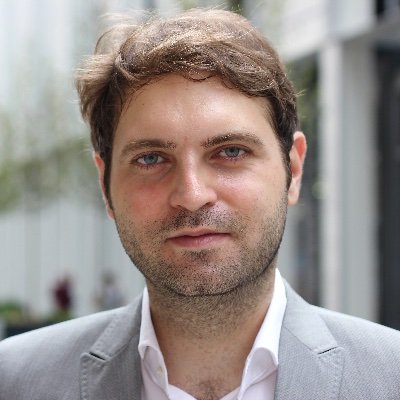The workshop will take place on July 27th, 10:00 AM CEST on Zoom
Course Content

The proliferation of social media use has provided new avenues for Political Science research, both in relation to the quantitative description of social media data and when it comes to identifying the effects of social media interactions or experiences on political outcomes. Moreover, as due to the COVID-19 pandemic much of social life moved online, so did political life, providing new opportunities for field experimentalists. This module is concerned with how social media can be used as a platform to conduct online field experiments. Social media field experiments hold a lot of promise, but equally pose numerous methodological challenges that are also common in other contexts, but are aggrevated on social media: social media is all about interaction, hence how can the non-interference asumption plausibly hold? Moreover, many platforms only allow researchers to target users via geographical or demographic clusters, with important implications for statistical power. How can we deal with these common complications? This module sets out how different research teams have dealt with these questions.
Course Objectives
The goal of this short workshop is to provide participants with some of the methodological knowledge and the practical skills to design and analyse social media field experiments. The workshop consists of theoretical input in the form of three short lectures (45 minutes each) and 2 lab sessions (1 hour each). Participants will learn how to conduct complete and cluster random assignment in R using the randomizr package (Coppock, Cooper and Fultz, 2019), and will learn how to analyse data generated from social media field experiments following the ”analyse as you randomize” dictum.
Instructor

Prof. Florian Foos
Florian Foos is an Assistant Professor in Political Behaviour in the Department of Government at the London School of Economics and Political Science (LSE), and holds a D.Phil (2015) from Nuffield College, University of Oxford. Before joining the LSE, he was a Lecturer (Assistant Professor) in Politics in the Department of Political Economy at King's College London, where he is now a Visiting Senior Research Fellow. As a behavioral political scientist, he studies partisan election campaigns to identify the causal effects of formal and informal interactions between campaigns and citizens on electoral mobilization, voter registration, opinion change and political activism.
Schedule
Session Starts
Social-media based experiments (Part I)
Short Break
Session Continues
Social-media based experiments (Part II)
Session Ends
Content Licensing
All workshop materials and recording are under Creative Commons Attribution-NonCommercial-ShareAlike 2.0 license. You are free to share — copy and redistribute the material in any medium or format, and adapt — remix, transform, and build upon the material. However, you must give appropriate credit, provide a link to the license, and indicate if changes were made. You may do so in any reasonable manner, but not in any way that suggests the licensor endorses you or your use. You may not use the material for commercial purposes. If you remix, transform, or build upon the material, you must distribute your contributions under the same license as the original.

